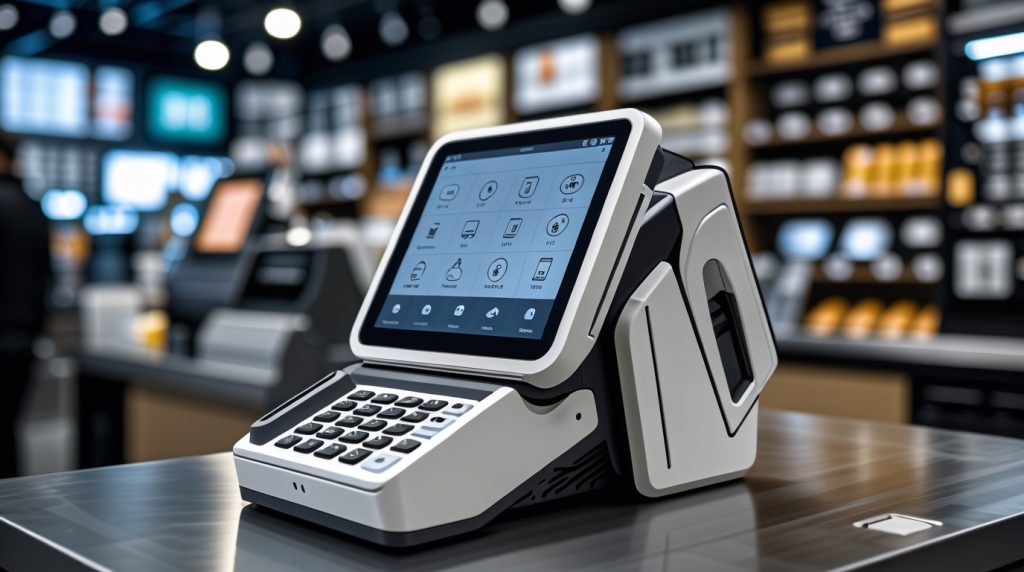Introduction: What Is Fiscalisation?
Fiscalisation in Zimbabwe is a legal requirement for VAT-registered businesses to use approved fiscal devices that automatically record transactions and submit sales data to the Zimbabwe Revenue Authority (ZIMRA) in real-time.
The goal is to promote transparency, reduce tax evasion, and ensure accurate VAT reporting.
But many businesses—especially SMEs—either misunderstand fiscalisation or delay compliance, risking penalties, loss of tax clearance, or even suspension of operations.
This article will walk you through the key elements of fiscalisation compliance in Zimbabwe, from who must comply, how to register, and what steps to take to stay compliant.
Who Must Comply With Fiscalisation?
You are required to comply with fiscalisation if:
- You are VAT-registered in Zimbabwe
- Your business has an annual turnover above the VAT threshold (currently ZWL 60 million or equivalent in foreign currency)
- You operate in sectors where cash or mixed-currency transactions are common (retail, supermarkets, restaurants, fuel stations, hospitality, motor spares, etc.)
Even businesses voluntarily registered for VAT are expected to comply.
What Is a Fiscal Device?
A fiscal device is a ZIMRA-approved electronic gadget that:
- Records all sales transactions
- Prints fiscal invoices with a unique receipt number
- Stores sales data securely
- Automatically sends transaction summaries to ZIMRA’s central fiscal server via the internet
Types of fiscal devices include:
- Fiscal Printers
- Electronic Tax Registers (ETRs)
- POS-integrated fiscal devices
The device must be configured for multi-currency use (ZWL and USD), where applicable.
Why Fiscalisation Compliance Matters
1. Legal Requirement
Non-compliance can result in:
- Heavy penalties
- Business inspections
- Loss of tax clearance
- Being blacklisted by ZIMRA
2. VAT Audit Trail
ZIMRA uses data from fiscal devices to:
- Cross-check declared VAT
- Identify under-declared sales
- Monitor suspicious transactions
3. Credibility With Clients
Large clients, corporates, and government entities may require proof of fiscalisation before awarding contracts or tenders.
Step-by-Step Guide to Fiscalisation Compliance
Step 1: Ensure You Are VAT-Registered
Before fiscalisation, you must be:
- Registered for VAT with ZIMRA
- In possession of a valid VAT7 certificate
- Filing regular VAT returns (monthly or bi-monthly)
- Using basic accounting systems to track sales and expenses
If you are not yet registered, start by applying for VAT registration through ZIMRA’s nearest office or e-services portal.
Step 2: Choose an Approved Fiscal Device Supplier
ZIMRA has a list of accredited suppliers certified to sell, install, and maintain fiscal devices. Avoid buying from unapproved dealers.
Your supplier should:
- Help you select the right type of device for your business size and operations
- Configure it for ZWL/USD
- Provide staff training
- Offer after-sales technical support
- Assist with linking your device to ZIMRA’s fiscal server
Step 3: Register the Device With ZIMRA
Once installed, the fiscal device must be registered with ZIMRA using a Fiscal Device Activation Form. You will need:
- VAT registration number
- Device serial number
- Supplier details
- Business location
ZIMRA will issue an acknowledgement of registration. Keep this on file for audits or compliance checks.
Step 4: Train Staff and Start Issuing Fiscal Receipts
Staff must know:
- How to operate the fiscal device
- How to print and reprint receipts
- What to do in case of technical errors or power cuts
- How to handle foreign currency transactions and VAT splits
Every transaction must produce a fiscal tax invoice showing:
- Unique receipt number
- Date and time
- Description of goods/services
- VAT amount and currency
- Fiscal signature or code
Step 5: Submit Daily Z-Reports Automatically
Your fiscal device should transmit daily summaries (Z-reports) to ZIMRA servers automatically. If not, ZIMRA may consider you non-compliant.
Ensure the device:
- Has consistent power and internet connection
- Is not switched off overnight
- Stores backup files in case of transmission failures
Monitor whether submissions are successful—your supplier can help set up notifications or monitoring dashboards.
Common Mistakes That Lead to Non-Compliance
- Failing to install a fiscal device despite being VAT-registered
- Turning off the device to “save electricity”
- Not linking the device to the ZIMRA server
- Using a device from a non-accredited supplier
- Issuing manual receipts instead of fiscal invoices
- Not including USD transactions on the device
- Letting untrained staff operate the system
ZIMRA Penalties for Non-Compliance
ZIMRA has the authority to:
- Impose spot fines
- Issue penalty assessments for undeclared sales
- Revoke tax clearance certificates (ITF263)
- Seize records or initiate audits
- Refer cases for prosecution in extreme instances
Businesses caught issuing fake or duplicate receipts risk reputational damage and criminal charges.
How to Stay Compliant Long-Term
- Regularly Test Your Fiscal Device
Ensure daily transmissions are occurring and that no errors are recorded. - Keep Backup of Z-Reports
Store them digitally and physically. ZIMRA may request them during inspections. - Update Software and Firmware
Devices need updates—check with your supplier regularly. - Ensure Currency Settings Are Accurate
Declare all USD and ZWL sales correctly. Currency manipulation is a red flag for audits. - Report Malfunctions Immediately
If your device fails, report to ZIMRA within 24 hours and get written authorisation to continue trading manually until it’s fixed. - Train New Employees
Make fiscalisation part of staff induction. - Maintain Good Communication With Your Supplier
They’re your first line of defence against technical non-compliance.
Fiscalisation and E-Invoicing in Zimbabwe
ZIMRA is working towards integrating e-invoicing with fiscalisation. This means that in the future:
- Sales invoices may need to be reported in real time to the tax authority
- Fiscal data could be verified before a transaction is legally valid
- Cross-referencing between supplier and buyer transactions will increase
This makes fiscal compliance now even more important as part of future-proofing your business.
Conclusion
Fiscalisation is not just a ZIMRA formality—it’s an essential part of tax compliance for any VAT-registered business in Zimbabwe. It protects your business, boosts credibility, and helps you avoid audits and penalties.
With the right setup, training, and regular monitoring, fiscalisation can run smoothly and even improve your record-keeping and reporting systems.
Whether you run a supermarket, a pharmacy, a fast-food outlet, or an engineering firm—if you charge VAT, then fiscalisation compliance is your responsibility.




